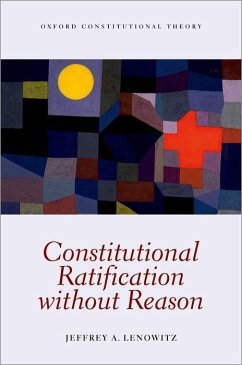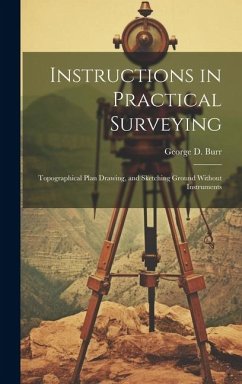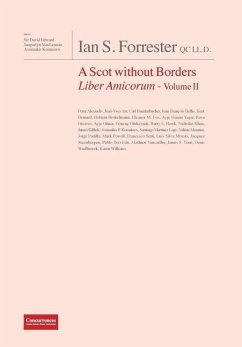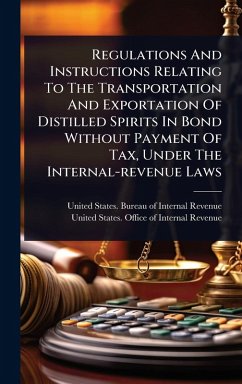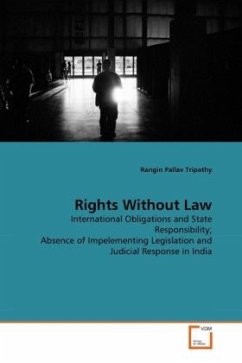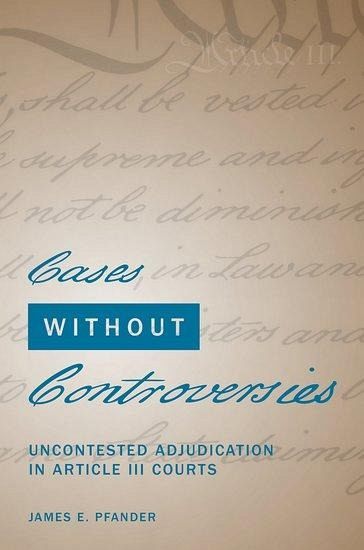
Cases Without Controversies
Uncontested Adjudication in Article III Courts
Versandkostenfrei!
Versandfertig in über 4 Wochen
123,99 €
inkl. MwSt.
Weitere Ausgaben:

PAYBACK Punkte
62 °P sammeln!
As it interprets the U.S. Constitution, the Supreme Court defines the rights of individuals and referees disputes between the branches of government. For many years, the Court has limited access to those claimants who satisfy a shifting and sometimes amorphous case-or-controversy requirement. Drawing on historical practice to clarify the meaning of the constitutional terms in question, this book calls upon the Court to offer broader access to federal court and greater deference to congressional choices.




